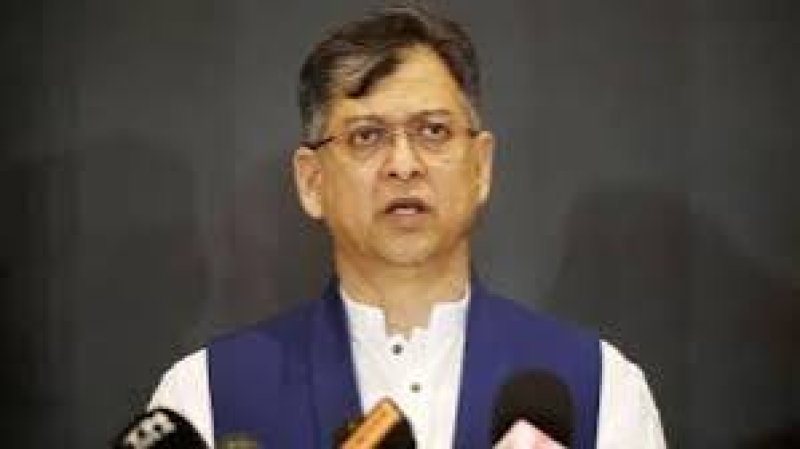- DSE turnover dips 18% despite weekly gains in key indices |
- 65 Nations Sign UN Treaty to Combat Cybercrime Globally |
- Dhaka’s air quality ‘unhealthy’ 5th worst in world Saturday |
- Dhaka’s air recorded unhealthy on Friday morning |
- Teesta activists announce ‘Silent Rangpur’ campaign in 5 districts |
Nation will never forgive if fascism returns: Salahuddin

BNP Standing Committee member Salahuddin Ahmed on Saturday warned that the nation will not forgive political parties if fascism returns to Bangladesh because of their divisions.
“If our disunity and divisions ever open the door for the return of fascism, the nation will never forgive us. We must, therefore, stay united,” he said.
The BNP leader made the remarks while speaking at a programme marking the 21st founding anniversary of the Daily Naya Diganta at the Bangladesh Shilpakala Academy in the capital.
He said all parties must stand together and close every door to the return of the fascist Awami League. “We must hold on to this pledge.”
The BNP leader also said political parties must fulfill the promise made with the blood of the sons and daughters of the land and the martyrs of the student-led mass uprising. “I hope in the coming days we will all remain united despite our differences of opinion and ideology when it comes to the country, its democracy, independence and sovereignty,” he said.
Salahuddin said it is a sacred duty for all to build a strong democratic state and society for future generations.
“We have heard the glorious stories of our student-led uprising and the bloodstained days of struggle. Standing on that proud past, we must now look forward. It is we who must build the Bangladesh of tomorrow. For our future generations, we must leave behind a truly strong democratic society and state system. This is our sacred duty—our civic, political and social responsibility,” he observed.
Recalling his personal struggles, the BNP leader said, “For writing a few columns, I had to live in exile for nearly nine and a half years, endure torture at Aynaghar, and spend time in prison.”
Sharing a memory, Salahuddin said, “Once, Amar Desh editor Mahmudur Rahman and I were kept in separate prison cells at PG Hospital. He was on a hunger strike then. I tried to convince him to break his fast, telling him that if he died, Sheikh Hasina would be happy. Later, senior leaders intervened and he broke the strike after six or seven days.”
The BNP leader urged the media to play a constructive role through their writing in building a democratic state, reports UNB.

